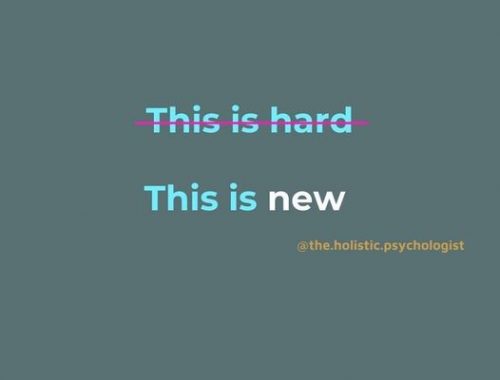Communications planning – the key to not getting lost
Let’s say you’re on holiday and you are trying to get to a museum. You know the name of it but not what it looks like, or what street it is on. You don’t know what is inside or whether it’s the kind of museum you even like. So, you just start walking and hope you will get there. Sometimes these days are great, and everything works out well, other times you end up fighting with the person you’re with and getting nowhere wasting the day.
That’s what it’s like trying to do communications without a strategy.
“On a recent holiday to Mexico we did just this. We tried to get to the Frida Kahlo museum. We knew which area of Mexico City it was in but nothing else about it. We finally found it at 3pm in the afternoon, only to discover you have to book tickets and there were none available until the following day. This is why you need a plan!”

Regular readers will know I love a good comms strategy. There is something so satisfying about having a plan. You know where you are headed, you know who you are talking to and when something else comes up you don’t lose track of what you were trying to achieve.
For those that aren’t yet converts let me help you out.
I see a communications strategy or plan as a navigation tool to help you define exactly where you are going and how you are going to get there.
I think there are four key elements of a communications strategy:
- Who are you talking to = the audience
- What are you trying to achieve = the objectives
- How are you going to communicate to them = your channels
- How will you know when you get there = measurement and evaluation
Audience
You can have the most refined, well-written content, distributed through all of your channels but as the saying goes ‘if no one hears your narrative was there even a media release at all?’.
Knowing who you are talking to means you can create more effective content and have a better idea about how you distribute your messages. If you don’t know who your audience is how will you know how to write your content?
Think of it like this. By knowing the person you are travelling with (be it a family member, friend or partner) you will know how to convince them to go to the museum with you.
Objectives
You need to be clear about your purpose. I don’t know how many times people came to me saying “we need to put out a media release!” when I asked them why I got a vague answer “…because we need to tell our clients something.” Articulating what you are setting out to achieve helps you to ensure you are able to consistently communicate, effectively over a longer-period of time. If you don’t know what you are setting out to achieve, how will you know if you got there?
This is about knowing what is in the museum and why you even want to go there.
Channels
Thinking through what channels you will use helps to ensure you aren’t missing anything. Imagine you have no plan, so you just throw something up on the website and shoot out a media release. This may work. But you may have also missed some great opportunities through engaging on social media, your staff may be in the dark because you didn’t do any internal communications. Even the most experienced communications professional can’t remember everything that goes into making a product great, writing a strategy helps to give you clarity or bring to light some new ideas.
You could walk all day and not get to the museum, but if you had done some planning, you may have found there was a bus from outside your hotel which would take you straight there, leaving more time for lunch at that restaurant you wanted to try.
Measurement
In a world where resources are short on the ground, and budgets are disappearing, expending effort on something that has no outcome does not make great sense. You can spend days writing the most perfect web content or hours debating about the language in a media release, but unless you know how you will measure success (and actually measure it) how will you know if it was worth your time?
I love holidays where I get to eat great food, experience some local culture and it’s sunny. These are three things that measure my satisfaction with a holiday. But I have bench marked these things over a number of years and can now measure different countries against each other. Did I just take this analogy too far?
Excuses, excuses….
I know, I know. You don’t have time. The business area doesn’t think it’s necessary. No one reads them anyway. If you have made these excuses, then here is the harsh truth…. it’s on you. As a communications professional, you can waste all of your time doing the same thing you have always done and never know if it’s even working. Or you can start to sell the benefits of strategy within your organisation. You may even find a strategy helps to show you are a professional and supports your new ideas!
You don’t have to write a long 30 page strategy. Take an hour, write a plan on a page. Create an overarching framework to provide direction to your efforts. A content calendar that keeps you on track.
Remember, communications planning is not about the document you create, it’s the road you take to get there. It’s the process that can take you from an ok product to a great outcome.
Don’t forget there are free resources on my website to get you started.

